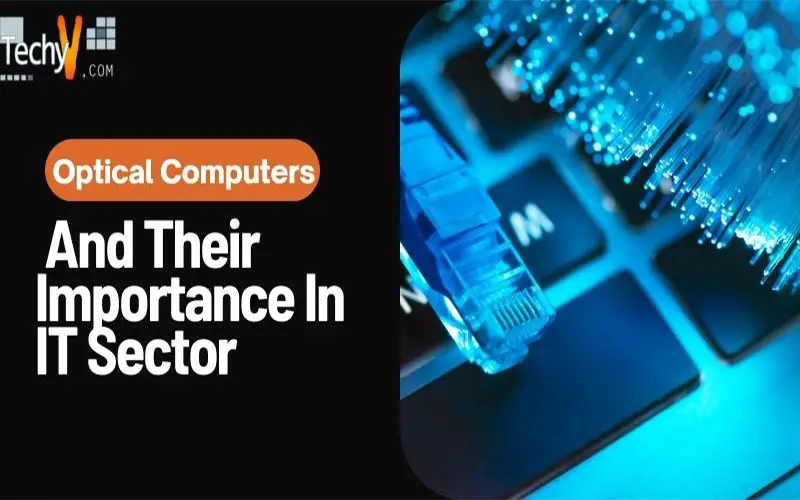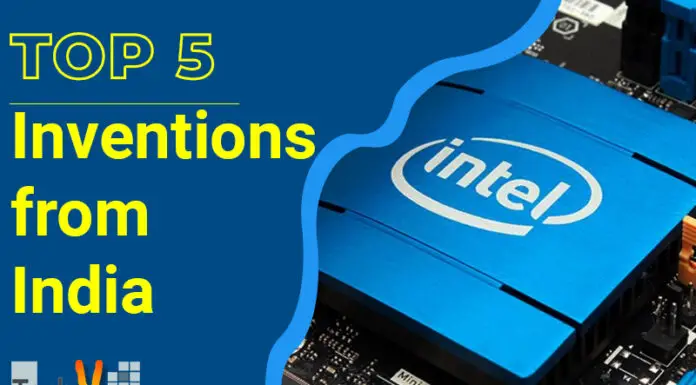The world is changing, it is transforming into a digitalized and modernized world. With this change in the world, many new inventions and ideas are being generated. Our generation is so lucky to witness this digital revolution. One of an important invention in this era is the “OPTICAL COMPUTERS”. Optical computers are those computers which do not uses electric current, rather it uses the elements like photons and infrared beams to complete various computations, digitally. The photons are the elements which are called the force carriers in the optical computers. These are used in the visible light for completing computations quickly and in an effective and efficient manner.
The optical computers are also known as photonic computers. The optical computers are said to use octuple frequencies and do not convert binary information to optical, which greatly increases the speed of processing. These computers are not based on electron systems and the information is sent as light waves and packets throughout the computer. The concept of the light-driven computers seemed hard to believe but it caught the attention of many inventors and researchers.
The optical computers have also got a name as “The light drove computers”. These are becoming famous in the present IT scenario and have a good future in the long run. A good proportion of researchers believe in the success of optical computers in the future. But entirely photons based computers are still some time in the future. The optical computer requires optical transistors to work and to replace traditional computers. The transistor is the building block of the optical or photonic computing.
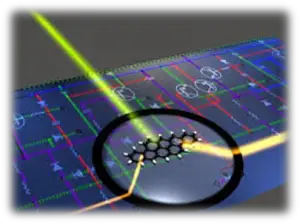
Advantages of Optical Computers
Optical computers are the future of modern computers. They are beneficial in numerous ways. Some of the benefits of optical computers are given below.
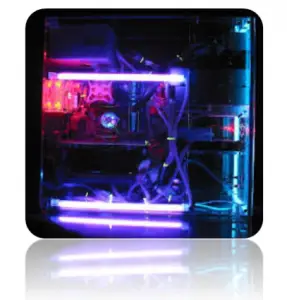
- The speed of light is the fastest, as such; the optical computers are high at speed because they work on photons and infrared beams.
- The optical computers use metallic wires to perform its functions and the metallic wires trim down the transmission speed.
- There is no interference in the path of data to be processed and it results in increased parallelism.
- The optical computers have a less amount of consumption of energy than the electronic computers.
- The optical computers release less amount of heat because they consume less energy and hence, there is no problem of overheating.
- One feature of the optical computers is that they do not need a rotating fan-like electric computer for airing, so these computers do not make a lot of noise.
- The optical computers are designed in an effective flexible layout.
- The optical computers work with optical wires which have a high bandwidth, therefore in the terms of communication, the performance of optical computers is way better than the normal computers.
- The optical computers are small in size which makes them convenient to use.
- The optical computers are eligible to perform more complex functions than the other computers because they work on lasers and lights.
Disadvantages of Optical Computers
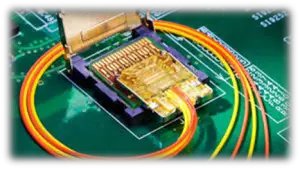
The optical computers also suffer some deprivations.
- The transistors of optical computers have some limits and once that limit is reached the transistor chip gets heated and breaks into pieces. This is the main big drawback of an optical computer.
- An optical computer which fully functions on photons is a long in future and requires a great amount of research.
- Proper working software to run an optical computer is not available.
- The elements or parts to maintain and develop an optical computer are a way too expensive and are not easily available.
- Many times if the components can be purchased than they come out not to be of the right size.
- To develop or manufacture a fully functioning optical computer one has to come through a number of problems in the production process.
- Some researchers also state that the light-driven computers are not compatible in comparison to the conventional or electric computers.
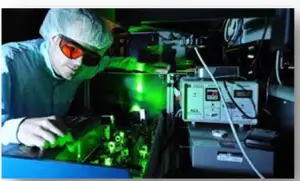
The optical computers are the light and future of computers. These computers are very much distinctive from the traditional or conventional computers. The researchers from all over the world economies state that the world will surely witness the birth of a wholly optical based computer working on photons, light, and lasers. It would prove to be a great resource to the IT sector of the world. By demolishing all the above-stated drawbacks and problems of optical computers, a day will come in the near future when the optical computers will work without any shortcomings and that would be the beginning of a neoteric era in the history of the information technology sector.



